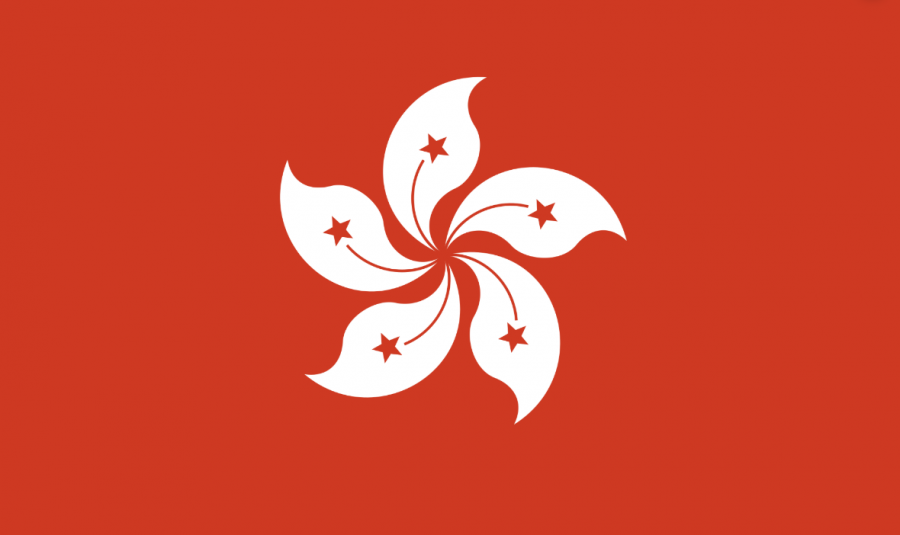Everything You Need to Know About The Hong Kong Protests
August 27, 2019
Clad in surgical masks and clutching umbrellas, protesters have occupied the streets of Hong Kong for close to three months now. They signify the only resistance against a government accused of encroaching on the affairs of its citizens. Fighting against a bill that gives prosecution power of Hong Kong affairs to China, these protesters want to establish democracy in the region of Hong Kong. As protesters face increasing violence as time goes on, the world can only watch as the tension shows no sign of stopping.
The discontent towards the Hong Kong government started back in February when Beijing proposed an extradition bill. These acts allow the presiding nation to remove a person from one country to another for criminal prosecution. Politically speaking, this proposal makes the requested country surrender a criminal from their jurisdiction, also known as extradition Specifically in Hong Kong, this bill gave power to mainland China, who has sought to gain control over the distinctive region since 1997. Supporters of the bill say it’s necessary because criminals have been previously sent to other countries and eluded charges. However, critics counter that the bill infringes on the region’s judicial separation from Beijing.
Mass protests started to occur in June as more people began to dread the consequences of the bill, including political opponents being extradited to safety. Although the government stalled the legislation of the bill, it is not formally stagnant. Protesters fear that, as soon as they yield, the government will secretly establish the law.
Police brutality has furthermore remained an issue during these, for the most part, peaceful protests (on the part of protesters). The Hong Kong Police Force has discharged tear gas into excessively populated neighborhoods, as well as fired beanbag rounds at protesters. Surveillance has also shown police officers brutally beating an elder after he was arrested for misconduct.
Because of these developments, the protests have grown from enmity for the extradition bill to a fight for establishing democracy in the region. However, mainland China sees these protests as a violation of the law, as well as an endangerment of people’s safety. They view Hong Kong as a part of mainland China, and therefore, grant themselves rights to solely govern the region. This is not a modern demand from the Chinese government.
Ever since the region was separated from the United Kingdom in 1997, Hongkongers have been complaining about encroachment from Beijing. Most notably in 2014, citizens had a demonstration similar to this dubbed the Umbrella Movement, resulting in three months of protests. Although not much came out of these previous protests, Hongkongers want to make sure the ongoing protests generate some results.
Large-scale protests continue across the region, with protesters producing a massive chain, representing a nod to previous protests against government occupation. With tension only increasing, with police pointing their weapons at protesters, and shooting tear gas into crowds, the world is watching to see how the situation unfolds.



